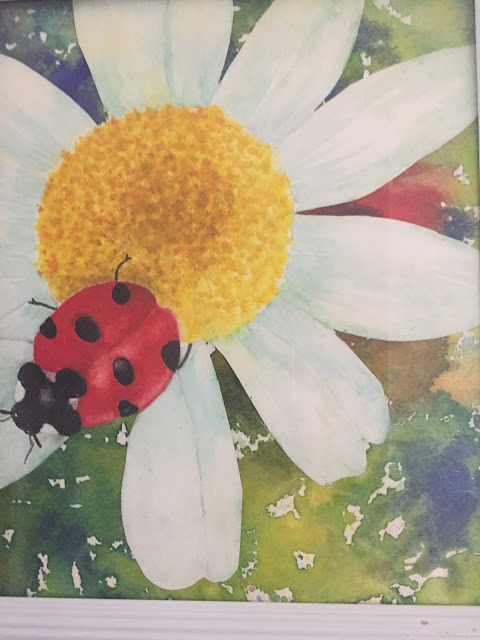CONCERN ABOUT MOWNG OF OX-EYE DAISES 2022
To Whom It May Concern,
I used to love observing the site for the future Sacred Heart High school
blossoming and blooming with a wild riot of naturalized and
native flora. Not only was the site overwhelmed with ox-eye daisies, a
feast for the eyes, but the blossoms brimming with nectar
provided a vital food source for our precious pollinators.
After reading about the alarming decline of our pollinators here and
around the works, I was especially delighted to note eye-daisies
predominated this site.
Since bees are especially attracted to the colours yellow, and white ox-eye
daisies are like a magnets for bees.
Many experts actually consider the ox-eye daisies here in North America as
one of the most important plants for pollinators.
Not only do ox-eye daisies attract bees but they also attract moths and beetles.
Here in Canada we have over 850 native bee species and an increasing
number of those are at the risk of extinction.
The job of pollinators is to pollinate over 450, 000 species of plants!
As a matter of fact pollinators, like bees and others are responsible for
every third mouthful of food that we eat!
You can imagine my shock and profound disappointment when I recently
observed that this abandoned site with its profusion of ox-
eye daisies had recently been mowed leaving behind a dead, empty waste
land of dried- up stubble
I would appreciate an explanation as to why those in charge of this site
would have readily destroyed a food source for pollinators
opon which we all depend for our future existence here on Earth?
Not only, did the act of mowing, recklessly eliminate this readily available
naturalized food source for pollinators, but money on gas
was wasted as well as spewing out toxic pollutants into our environment.
I and others who are concerned about the decline of our pollinators are
looking forward to a response at your earliest opportunity.



Comments
Post a Comment